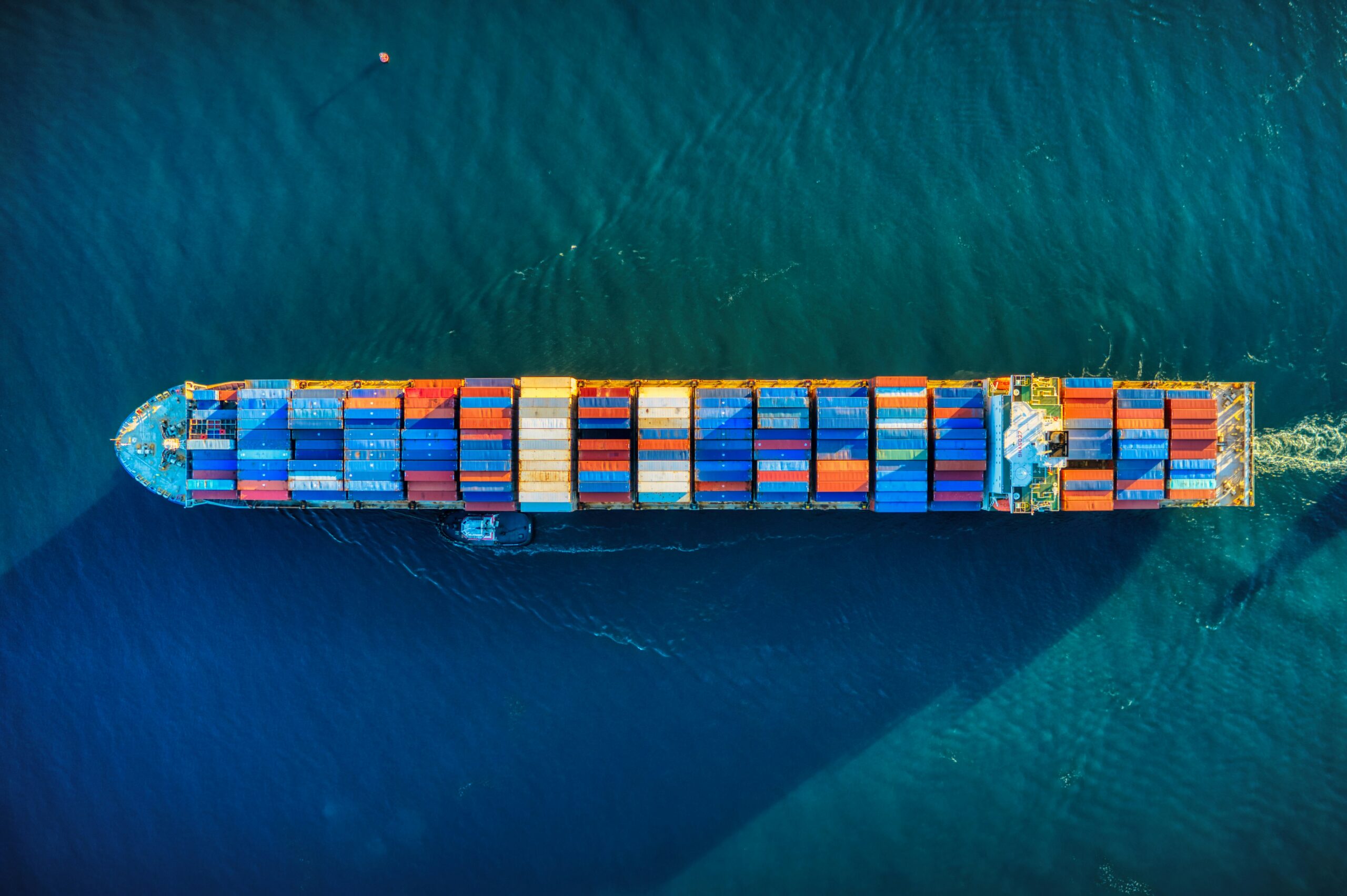For many direct-to-consumer (“D2C”) e-commerce businesses, China is the source of the products that are delivered to consumers directly from the manufacturing or processing centers. The business model works economically for many reasons, including what is generally called the de minimis customs and postal rule. This rule allows packages with values less than $800 to bypass customs duties/fees and also tariffs/fees, and other additional postal fees, rules, and regulations. So, imagine that 1,000 units of some product are desired at $700 each. As a group, the value would be $700,000, which would be subject to customs inspections and duties/fees. These would add immensely to costs and add delays. Further, there would be no postal option to bring the products in-country AND no postal exemption of any kind as each product is mailed — one by one — within the United States.
On February 4, 2025, as part of a larger imposition of tariffs on some Chinese goods, the incoming Administration eliminated the de minimis rule for incoming Chinese products. See Forbes media report here. This caused immediate delays and confusion, with the U.S. Postal Service temporarily refusing to accept packages from China.
The elimination of the de minimis customs/postal rule will have immediate and large impacts on most e-commerce businesses. As the Forbes report states: “More than 80% of all U.S. e-commerce shipments were subject to de minimis in 2022, according to a congressional research report.”
As also noted in the Forbes article, on February 7, 2025, the Administration put a pause on the elimination of the de minimis rule until a new system can be created and implemented to “fully and expediently process and collect tariff revenue.” With that “pause,” e-commerce and D2C businesses can breathe a bit easier and begin the process of modifying their business models to account for the upcoming changes.
Possible options
One thing to consider is that, in politics, what is “expected to happen” this month might be totally forgotten by next month. There have been many, many discussions over the last ten years among politicians about “fixing” or eliminating the de minimis rule. So, in the end, nothing may happen. The rule might be a “bargaining chip” in the tariff/trade war being waged.
In addition, it might be useful and timely to “train up” on customs regulations. Often, suppliers are already proficient in providing customs forms along with packages. Thus, compliance might be easier than imagined. That vendor service will need to be added to the supply contract, and the issue is, of course, cost. The other cost issue is the customs duty itself, and one potential other cost increase might be the postal charges. Strategic decisions might be needed as to how to pass these costs on to the customers.
Another option to explore is to find suppliers outside of China. In effect, this really means finding a company that will SHIP your products from a place that is not located in China. There are, of course, many options here, and your China-based supplier might be able to provide good guidance.
Contact the D2C and E-Commerce Attorneys at Revision Legal
For more information, contact the experienced D2C and ECommerce Lawyers at Revision Legal. You can contact us through the form on this page or call (855) 473-8474.




